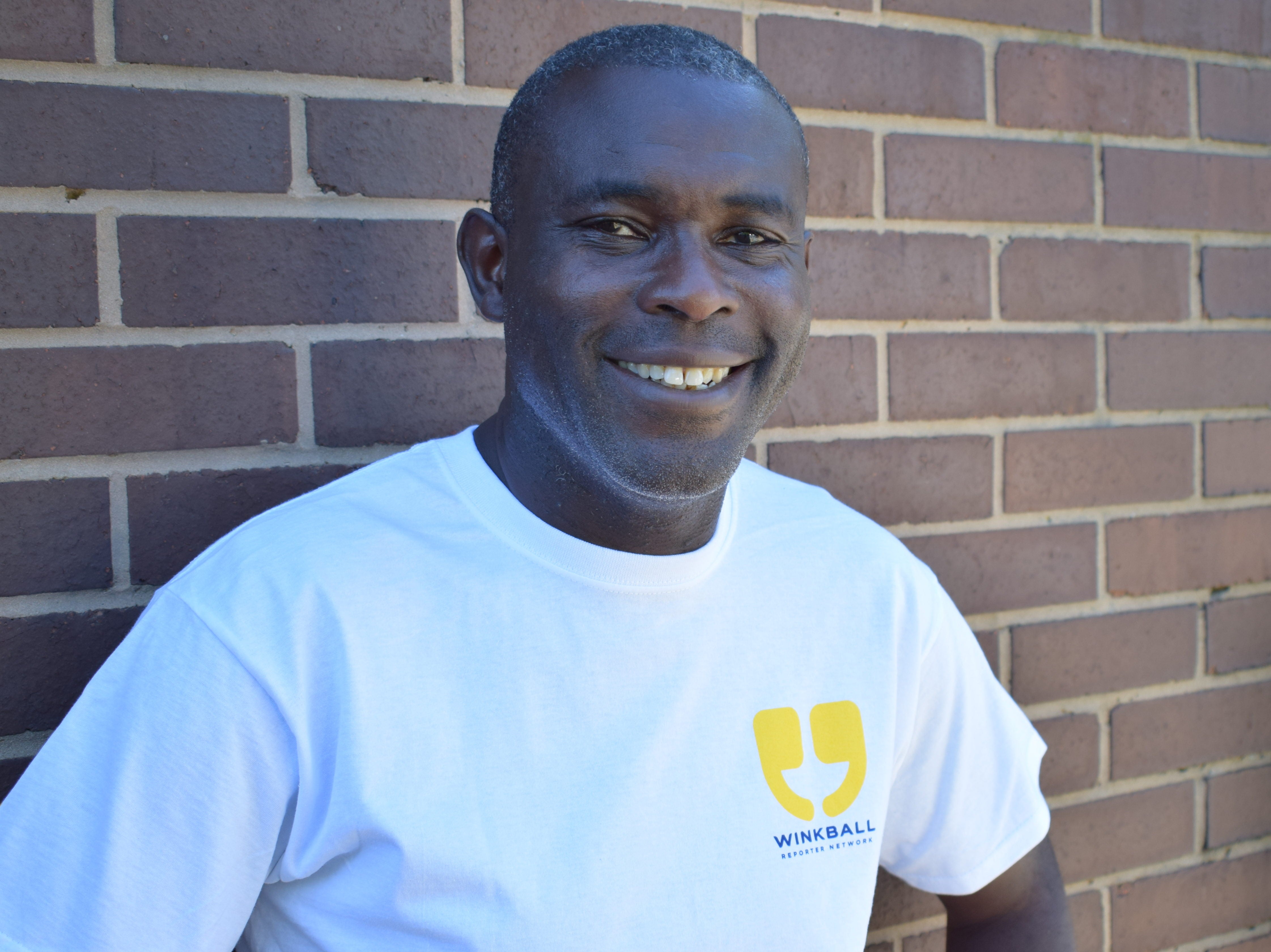
Dr James Ohene-Djan is a senior lecturer at Goldsmiths University and managing director of Winkball. SPONSORED FEATURE.
“Events dear boy, events!” So replied Harold Macmillan, when asked about his greatest preoccupation as Prime Minister. The current incumbent of Number 10 is clearly no less a victim of the phenomena.
As any news editor will tell you, events can be categorised in two ways: unscheduled and scheduled. Normally the former is the stuff of front-page headlines and the latter makes up the inside pages.
The news industry is built upon this tension. The rest of the media likewise struggles between being reactive and proactive in getting its message out according to plan – preferably without getting swamped by the unexpected.
Even carefully-planned coverage and campaigns face surprises, to the delight of newsrooms and, sometimes, the despair of sponsors.
As Germany, the much-fancied giants of international football, crashed out in the first round of the World Cup this summer, many sponsors were left scrambling and some agents and promoters had egg on their faces – a perfect example of the best-laid plans going wrong.
Nevertheless, newsworthy events remain the best possible way for sponsors to reach communities. Planned events, launches, sporting events, concerts, award ceremonies, local events and festivals offer businesses the perfect opportunity for brand association, awareness and targeted messaging to specific audiences.
It’s been understood for a while that events are at the heart of the so-called “experience economy”. Major brands certainly get this, hence their willingness to associate with the biggest global experiences.
What’s less well understood, however, is to what extent event organisation shapes modern society.
Subconsciously we have become wedded to the rhythm of events as much as the ancients were to the seasons. They have become an established route into the news-hungry media cycle for PR and marketing firms seeking to drive campaigns.
The shift towards the events and experience economy has been so successful that we have reached the point where it is difficult to see what news is created, what is random and what is contrived for maximum impact.
From the media industry perspective five major problems have surfaced that stop media outlets and news professionals from benefiting from what should be a bonanza in events coverage, in view of the fact that the vast majority of events remain un-reported.
- The lack of resources and decreasing manpower, particularly in local and regional media
- The high cost associated with production and distribution of professionally produced digital video content
- Failure to widen the number of businesses and brands engaged in direct sponsorship of events and digital communities
- The nature of advertising and downward pressure on unit cost/sales from social media has forced publishers into direct competition with billions of bite-sized user-generated pieces of content
- User-generated content is unstructured, unpredictable and difficult to leverage for sponsors.
WinkBall, renowned for turning events into news via video interviews and reports, is filling the gap that has opened up between the news industry’s capacity to produce professional structured coverage of events and the insatiable appetite for consumer news stories for local and digital communities.
Providing a platform for videographers and presenters to become tomorrow’s influencers, WinkBall is allowing consumers to tune into the thousands of events happening every day and provides a vast opportunity for sponsors to reach those untapped communities.
WinkBall is based around an events hub. We add every event planned for a region or neighbourhood and video reporters accept commissions to cover it. Sponsors bid to associate their brand with the event coverage. Every brand and every event thus gets the kind of professional coverage big brands are spending billions on.
Digital publishers benefit from the WinkBall newswire, where they can find exciting “free-to-air” news content that can be branded and leveraged for their own stable of advertisers.
Macmillan was right – events should preoccupy us all, but they should also be seen as opportunities.
Email pged@pressgazette.co.uk to point out mistakes, provide story tips or send in a letter for publication on our "Letters Page" blog
